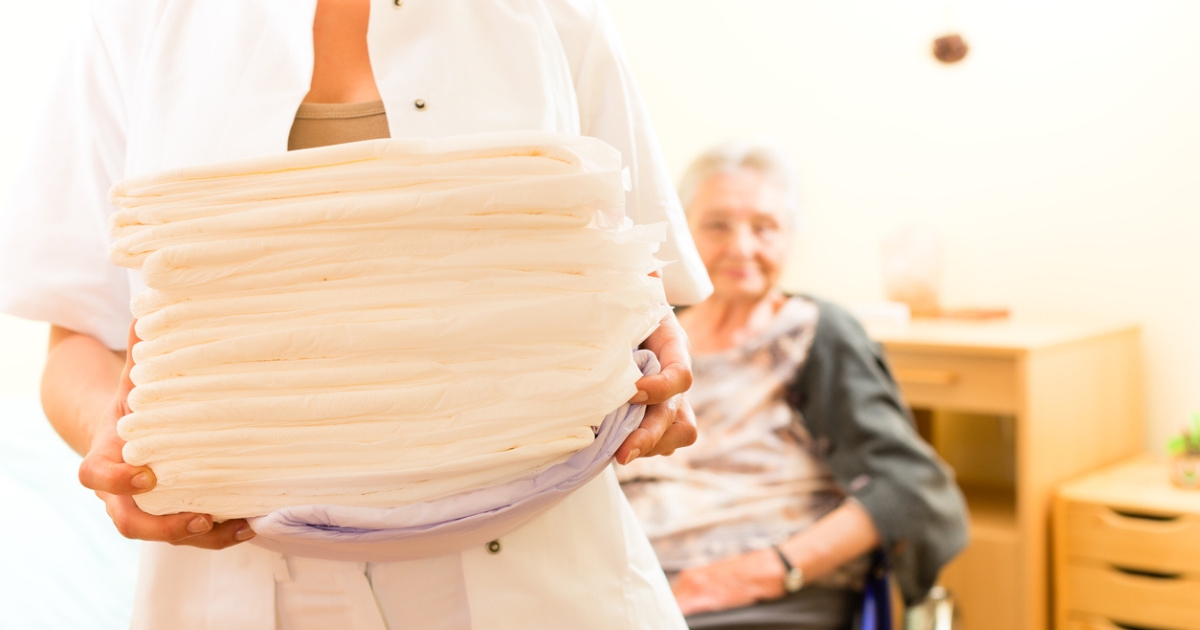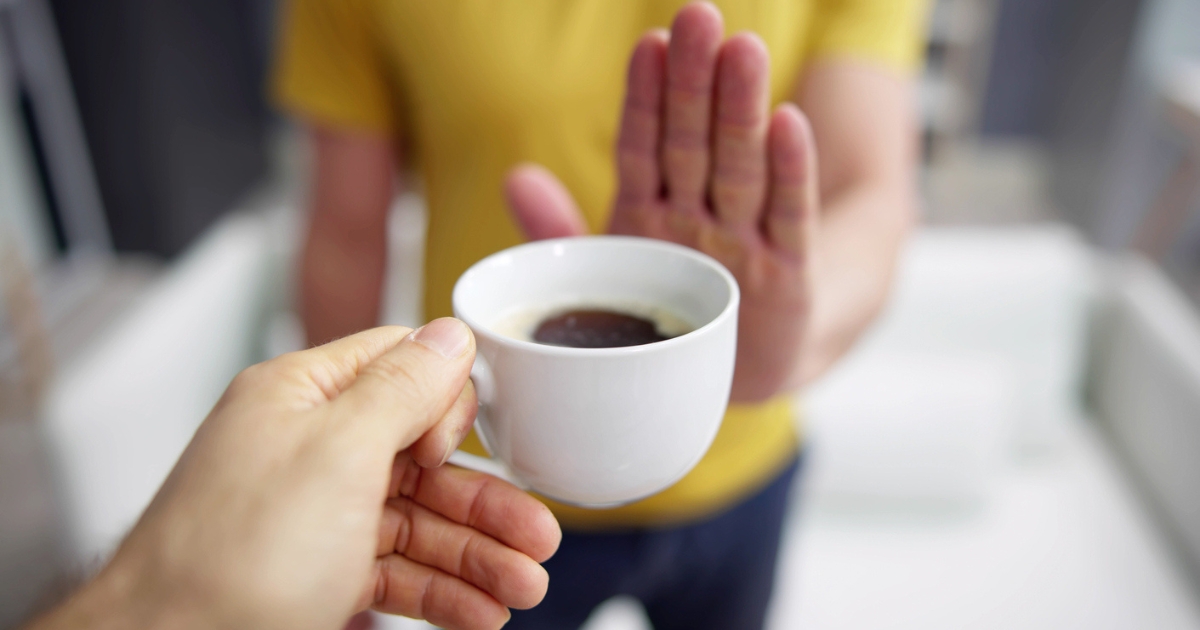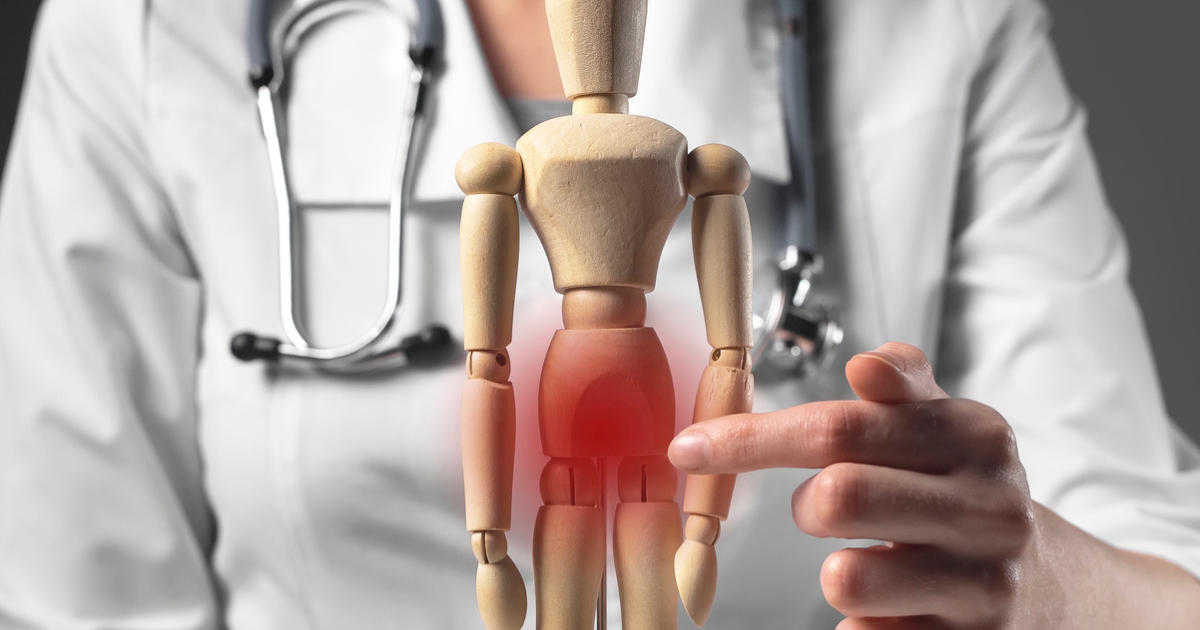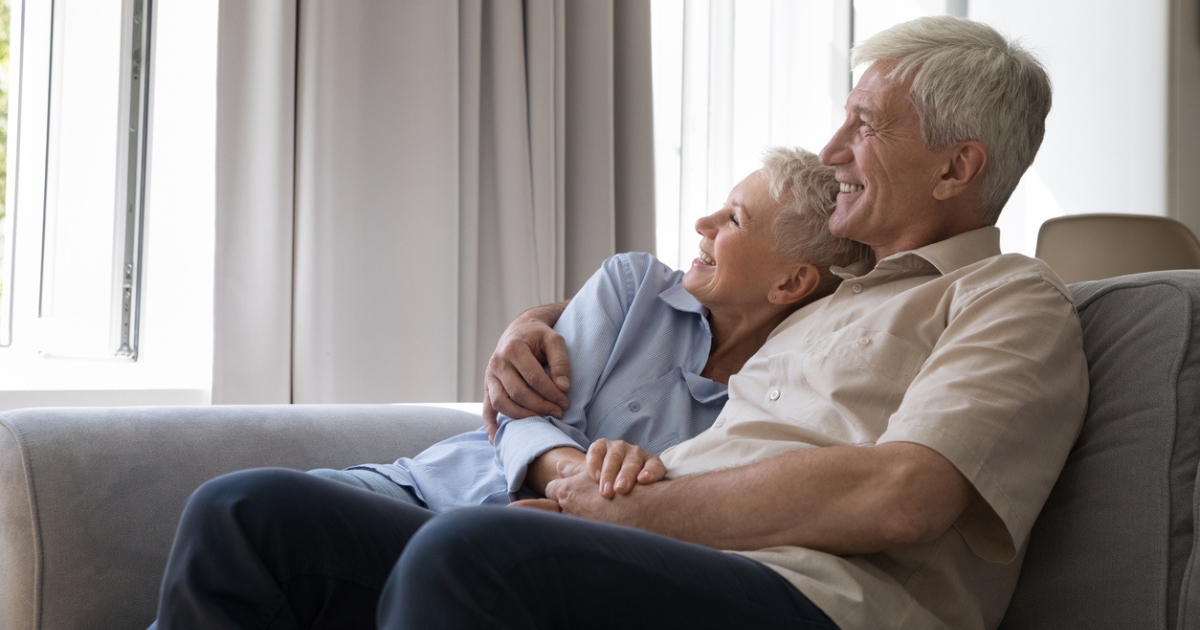
Urinary incontinence (UI) is a common condition that many people encounter, especially as they age. Although it might seem daunting or embarrassing to discuss, understanding its types, causes, and management strategies is crucial to improve the quality of life for those affected.
This blog post aims to shed light on UI, particularly focusing on its prevalence in the elderly, and offers practical tips, lifestyle adjustments, and medical interventions to not just survive, but thrive with this condition.
Understanding Urinary Incontinence in the Elderly
Urinary incontinence is not just an isolated condition; it’s a spectrum of bladder control problems with varying degrees and causes. For seniors, understanding the nuances of UI is the first step toward effective management.
What Is UI?
Urinary incontinence refers to the unintentional loss of urine. This could range from a minor leak when laughing or coughing to a sudden, uncontrollable urge leading to full bladder emptying.
Types of UI Common in Seniors
- Stress Incontinence: Stress urinary incontinence occurs when activities like coughing, sneezing, laughing, or lifting cause pressure, or stress, on the bladder, leading to urine leakage. It's often due to weakened pelvic muscles, which can happen with age or due to factors like surgery or childbirth.
- Urge Incontinence: Sometimes referred to as an "overactive bladder," this type involves a sudden, intense urge to urinate, followed by an involuntary urine leak. It can be a result of age-related changes in the bladder, but also conditions like urinary tract infections, bladder irritants, or neurological conditions.
- Functional Incontinence: This type of incontinence is unique in that the urinary system functions properly, but other health issues or mobility challenges prevent an individual from reaching the bathroom in time.
Why Is It Prevalent in the Elderly?
As we age, the bladder's capacity decreases while involuntary bladder contractions might increase. Additionally, factors such as reduced mobility, medications, prostate issues in men, and weakening of the pelvic muscles in women can contribute to the onset or worsening of UI.
Is UI a Normal Part of Aging?
While UI is more common as we age, it is not an inevitable part of getting older. Many causes of UI are treatable, and even when it isn't fully reversible, effective management strategies can significantly improve quality of life.
Causes and Risk Factors for Seniors
Understanding the underlying causes and risk factors of UI can provide clarity and help in effective management. While UI can occur at any age, certain factors become more prevalent or pronounced in senior years. Here's a closer look at the key causes and risks associated with UI in the elderly:
Age-Related Changes
- Bladder Capacity: With age, the bladder's ability to store urine can decrease, leading to more frequent urination.
- Muscle Weakening: Pelvic floor muscles, which support the bladder muscle and regulate urine flow, can weaken over time, contributing to stress incontinence.
Medical Conditions Common in Seniors
- Prostate Issues: For men, an enlarged prostate (benign prostatic hyperplasia) or prostate surgery can result in UI.
- Menopause: In women, the decline of estrogen during menopause can weaken the bladder's muscular support, leading to incontinence.
- Neurological Disorders: Conditions like Parkinson's disease, strokes, or dementia can disrupt the nerve signals coordinating bladder control.
- Mobility Challenges: Arthritis or other mobility-limiting conditions can make timely bathroom visits difficult, leading to functional incontinence.
Medications
Some drugs, particularly diuretics, antihypertensives, sedatives, and certain antidepressants, can increase the risk of incontinence.
Lifestyle Factors
- Obesity: Excess weight can exert increased pressure on the bladder and surrounding muscles.
- Smoking: Chronic coughing from smoking can lead to stress incontinence due to increased abdominal pressure. Moreover, smoking itself is a bladder irritant.
- Excessive Alcohol or Caffeine: Both can act as diuretics, causing increased urine production and potentially exacerbating symptoms of urge incontinence.
Other Factors
- Urinary Tract Infections (UTIs): A urinary tract infection can cause symptoms of incontinence, though the issue might resolve once the infection is treated.
- Constipation: Chronic constipation can cause or worsen UI as the rectum and bladder share many of the same nerve pathways.

Practical Tips for Everyday Life
Managing UI doesn't mean having to drastically alter your daily routine or forgo the activities you love. With some lifestyle adjustments, seniors can comfortably navigate their day, maintaining both confidence and independence. Here are some practical tips to help mitigate the effects of UI:
Choose the Right Products
- Absorbent Pads and Briefs: Opt for those specifically designed for UI, as they're more effective and discreet than regular sanitary products.
- Protective Bedding: Waterproof mattress protectors can give you peace of mind during sleep.
- Urine Deodorizing Tablets: These can mask the odor for those concerned about any smells.
Bathroom Scheduling
- Timed Voiding: By setting regular intervals to use the bathroom, you can preemptively empty the bladder and reduce accidents.
- Locate Restrooms: When out and about, familiarize yourself with available restrooms so you can quickly access them when needed.
Dress Strategically
- Easy-to-Remove Clothing: Opt for garments that can be quickly taken off, such as those with elastic waistbands.
- Carry a Change: Keeping a spare set of clothes and hygiene products in your bag can be a game-changer, ensuring you're always prepared.
Bladder Training
Gradually extend the time between bathroom visits, training the bladder to hold more urine for longer durations. This technique can be used to treat urge incontinence.
Strengthening Exercises
Regularly contracting and relaxing the pelvic floor muscles can strengthen them over time, providing better bladder control. Ensure you're performing pelvic floor exercises correctly, possibly under the guidance of a physiotherapist.
Dietary and Lifestyle Changes for Seniors
The role of diet and lifestyle cannot be understated when managing UI in the elderly. As our bodies age, they react differently to certain foods and beverages, and changes in daily habits can lead to significant improvements. Here's a guide to dietary and lifestyle shifts that can aid seniors in navigating UI and potentially help cure urinary incontinence:
Mind Your Fluids
- Consistent Intake: Rather than consuming a large amount at once, drink fluids in moderation throughout the day.
- Avoiding Nighttime Intake: To reduce nighttime incontinence, limit fluid intake in the evenings.

Limit Bladder Irritants
- Caffeine and Alcohol: Both are diuretics, which can exacerbate UI symptoms by increasing urine production.
- Acidic Foods: Tomatoes, citrus fruits, and some beverages can irritate the bladder.
- Spicy Foods: For some individuals, spicy foods can trigger UI episodes.
Prioritize Fiber
Constipation can aggravate UI due to the bladder and bowel's proximity. Consuming a fiber-rich diet with whole grains, vegetables, and fruits can promote regular bowel movements.
Stay Active, But Wisely
Regular physical activity is vital for overall health and can also support bladder function. However, high-impact exercises might increase stress on the bladder. Low-impact activities like walking, cycling, and swimming are beneficial.
Quit Smoking
Smoking irritates the bladder and can cause chronic coughing, which adds stress to the pelvic floor, potentially leading to stress incontinence.
Monitor Medications
Some medications, especially diuretics, can increase urine production. Discuss any potential side effects related to UI with your doctor and explore alternative treatments if needed.
Limit Artificial Sweeteners
Some people might find that artificial sweeteners aggravate their UI symptoms. Monitor your reactions and consider natural alternatives.
Maintain a UI Journal
Track your food, fluid intake, and UI episodes. This can help identify specific triggers and patterns, allowing for more tailored dietary adjustments.
Practice Good Hygiene
Regularly cleanse the genital area to avoid infections. Using unscented, hypoallergenic wipes can be helpful.

Seeking Medical Advice and Treatments
Addressing UI proactively, particularly for seniors, can make a significant difference in comfort and quality of life. While lifestyle adjustments can be beneficial, medical intervention often plays a crucial role in managing or even reversing UI symptoms. Here's a guide to seeking medical advice and exploring treatment options tailored for the elderly:
Undergo Diagnostic Tests
- Urinalysis: A sample of urine is checked for signs of infections, traces of blood, or other abnormalities.
- Bladder Diary: Recording the frequency and amounts of urine can help doctors understand the nature of the incontinence.
- Pelvic Ultrasound: This can provide visuals of the bladder and surrounding structures.
Non-Surgical Treatments
- Bladder Training: This involves scheduled urination times and gradually increasing the intervals between them.
- Physical Therapy: Pelvic floor muscle exercises, commonly known as Kegel exercises, can strengthen the muscles controlling the bladder.
- Medications: Various drugs can relax an overactive bladder or tighten the bladder muscles.
- Biofeedback: This technique helps patients understand and control physiological functions related to UI.
Surgical Interventions
- Sling Procedures: A sling is used to support the urethra and prevent leaks.
- Bladder Neck Suspension: This surgery provides support to the urethra and bladder neck.
- Percutaneous Tibial Nerve Stimulation (PTNS): This involves stimulating the tibial nerve to influence the bladder nerves, helpful for overactive bladder.
Alternative Treatments
- Neuromodulation: Electrical pulses are used to modulate nerve activity, affecting bladder control.
- Botox Injections: Injecting Botox into the bladder can help it relax, increasing its storage capacity.
- Acupuncture: Some seniors find relief from UI symptoms through acupuncture.

Your Journey to Comfort
Urinary incontinence in the elderly, while common, doesn’t have to be a debilitating condition that hinders one’s joy and activities in life. Equipped with knowledge and a proactive approach, seniors can manage UI effectively, minimizing its impact on their daily routines and social interactions.
At Keystone Health, we are dedicated to providing comprehensive care and support for those experiencing UI. Our expert team in the greater Boise area is ready to guide you or your loved one through personalized solutions and treatments, ensuring a journey back to comfort and confidence. Start the New Patient Process today and take the first step towards better urinary health and overall well-being.
